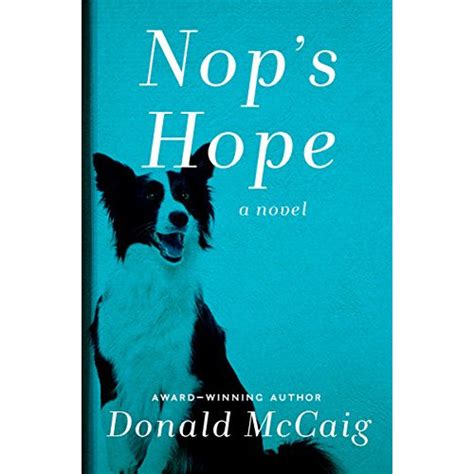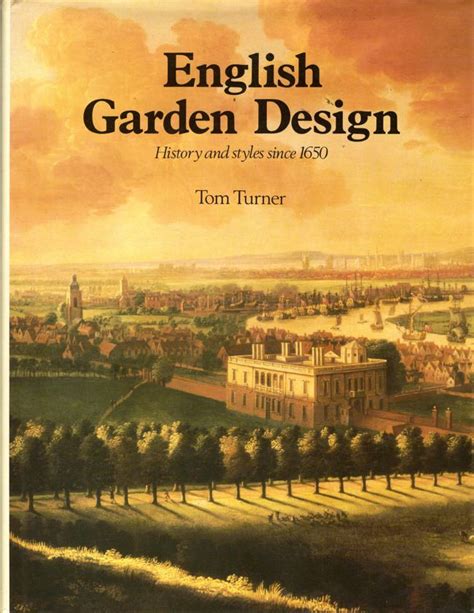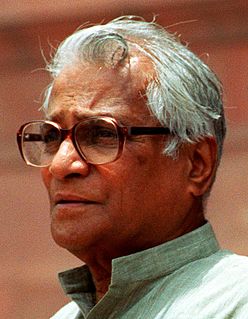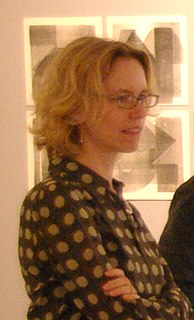A Quote by Susan Orlean
The lesson we have yet to learn from dogs, that could sustain us, is that having no apprehension of the past or future is not limiting but liberating.
Related Quotes
The Past is dead, and has no resurrection; but the Future is endowed with such a life, that it lives to us even in anticipation. The Past is, in many things, the foe of mankind; the Future is, in all things, our friend. In the Past is no hope; The Future is both hope and fruition. The Past is the text-book of tyrants; the Future is the Bible of the Free. Those who are solely governed by the Past stand like Lot's wife, crystallized in the act of looking backward, and forever incapable of looking before.
Life is the future, not the past. The past can teach us, through experience, how to accomplish things in the future, comfort us with cherished memories, and provide the foundation of what has already been accomplished. But only the future holds life. To live in the past is to embrace what is dead. To live life to its fullest, each day must be created anew.
People are always shouting they want to create a better future. It's not true. The future is an apathetic void of no interest to anyone. The past is full of life, eager to irritate us, provoke and insult us, tempt us to destroy or repaint it. The only reason people want to be masters of the future is to change the past.
But if there were two dogs left in the universe and it were up to us as to whether they were allowed to breed so that we could continue to live with dogs, and even if we could guarantee that all dogs would have homes as loving as the one that we provide, we would not hesitate for a second to bring the whole institution of 'pet' ownership to an end.
Dogs invite us not only to share their joy but also to live in the moment, where we are neither proceeding from nor moving toward, where the enchantment of the past and future cannot distract us, where a freedom from practical desire and a cessation of our usual ceaseless action allows us to recognize the truth of our existence, the reality of our world and purpose--if we dare.
It seems to me that the dedication of a library is an act of faith. To bring together the resources of the past and to house them in buildings where they will be preserved for the use of men and women in the future, a nation must believe in three things. It must believe in the past. it must believe in the future. It must, above all, believe in the capacity of its own people so to learn from the past that they can gain in judgment in creating their own future.

































